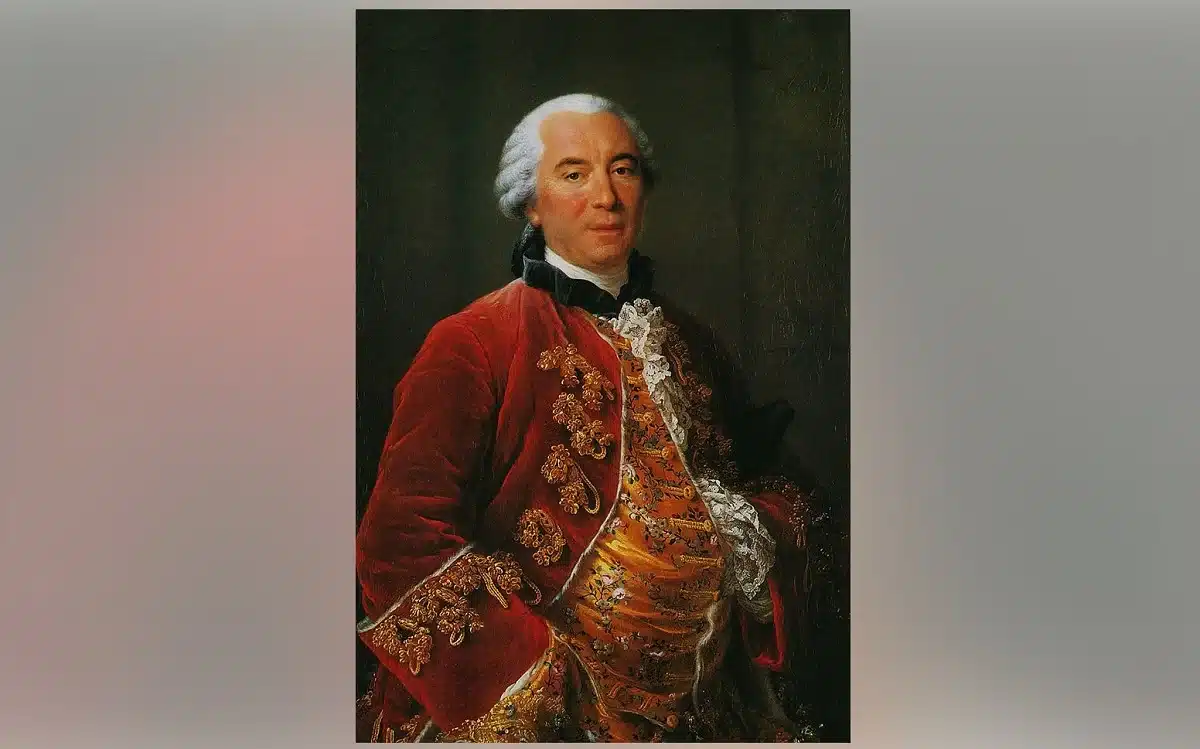Ornithology: The Discovery and Evolution of Bird Science
Ornithology is a branch of science dedicated to acquiring knowledge about the biology, ecology, behaviors, and evolution of birds. Derived from the Latin words “ornis” (bird) and “logos” (knowledge), ornithology is one of the oldest and most diverse fields in natural sciences. Research in this field encompasses a wide range, from the life cycles of birds and their migration habits to their feeding behaviors and reproductive activities.
Origins of Ornithology
The origins of ornithology trace back to ancient times when humans first began observing birds. However, the official recognition of ornithology as a science began in the 18th century with Carl Linnaeus’s classification of bird species in his work “Systema Naturae.” Linnaeus’s efforts marked the beginning of systematic studies and understanding of birds.
Historical Development
Throughout the 19th and 20th centuries, developments such as the use of bird ringing, studies on bird migrations, and the understanding of birds’ ecological roles were significant milestones in the evolution of ornithology. Additionally, the use of modern technologies, such as DNA analysis and satellite tracking, has provided insights into birds’ behaviors and migration paths that were previously impossible.
Fields of Study in Ornithology
Ornithology covers a broad range, from the morphology of birds to their behavioral ecology. Studies in this discipline include birds’ reproductive methods, feeding habits, habitat preferences, social behaviors, and migration patterns. Furthermore, the interactions of birds with humans and other living beings and their adaptations to environmental changes are also examined.
Importance of Ornithology
Ornithology holds critical importance for the conservation of biological diversity and sustainability. Birds play a significant role in the health and functionality of ecosystems. For example, they take on critical roles in ecosystem services such as pollination and seed dispersal. Thus, ornithological studies contribute to the development of strategies for the conservation of bird species and the management of natural habitats.
History of Ornithology
The history of ornithology includes the transformation from bird watching as a simple hobby to a disciplined scientific field. Since ancient times, birds have held significant positions in art and literature, carrying symbolic meanings in human culture and belief systems. The development of ornithology has been shaped by merging this deep impact of birds on human life with scientific investigation.
Conclusion
Birds are an indispensable part of our world, and ornithology enriches our knowledge base towards understanding these unique creatures. Ornithology shows that birds not only represent the beauties of the natural world but are also crucial for the health of ecosystems and the well-being of humans.






